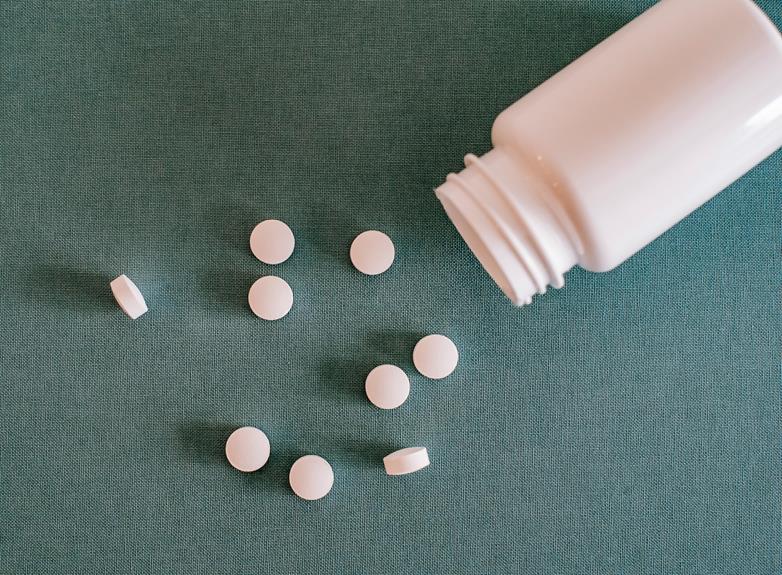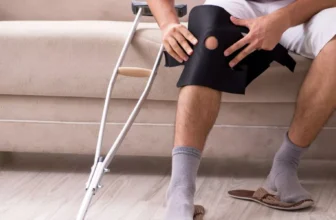
When it comes to enhancing your rehab recovery efforts, the right dietary supplements can play a crucial role in supporting your body's healing process. Incorporating specific vitamins, omega-3 fatty acids, protein supplements, and herbal remedies can provide a range of benefits that complement your rehabilitation journey. These supplements work synergistically to address different aspects of recovery, from reducing inflammation and supporting muscle recovery to enhancing immune function and managing stress. By understanding which dietary supplements can best support your rehab recovery efforts, you can optimize your path towards a faster and more effective recovery.
Importance of Dietary Supplements
Enhance your body's recovery process with the essential nutrients provided by dietary supplements. Incorporating dietary supplements into your rehab recovery plan can play a crucial role in supporting your overall well-being. These supplements are designed to fill any nutritional gaps that may exist in your diet, ensuring that your body receives all the necessary vitamins and minerals to aid in the recovery process.
By taking dietary supplements, you can help boost your immune system, promote muscle repair, and enhance your energy levels. This is particularly important during rehab, as your body requires additional support to heal and regain strength. Whether it's protein powders to aid in muscle recovery or omega-3 fatty acids to reduce inflammation, these supplements can provide targeted support for your specific recovery needs.
Additionally, dietary supplements can help improve your overall health and ensure that you're meeting your daily nutritional requirements. They can be a convenient and effective way to enhance your body's recovery process and support your journey towards wellness.
Essential Vitamins for Recovery
To support your rehab recovery effectively, ensure you're incorporating essential vitamins that play a crucial role in aiding your body's healing process.
Vitamin C is essential for collagen production, which is crucial for tissue repair. It also acts as an antioxidant, helping to reduce inflammation and oxidative stress.
Vitamin D is vital for bone health and muscle function, important aspects of recovery.
Vitamin E functions as an antioxidant, protecting cells from damage during the healing process.
B vitamins, including B6, B12, and folate, are important for energy production, nerve function, and red blood cell formation, all of which are crucial during rehabilitation.
Vitamin A supports the immune system, promoting overall health and aiding in recovery.
Lastly, vitamin K is essential for proper blood clotting, which is important for wound healing post-injury.
Including these vitamins in your diet or through supplements can help optimize your body's healing mechanisms during your rehab journey.
Impact of Omega-3 Fatty Acids
Support your rehab recovery by incorporating Omega-3 fatty acids into your diet, known for their beneficial impact on inflammation and overall health. Omega-3 fatty acids are essential nutrients that play a crucial role in reducing inflammation, which is particularly important during the recovery process. By including sources of Omega-3 fatty acids such as fatty fish (salmon, mackerel, sardines), flaxseeds, chia seeds, and walnuts in your diet, you can help your body manage inflammation more effectively.
Studies have shown that Omega-3 fatty acids can help reduce muscle soreness and improve joint mobility, making them valuable additions to your rehab recovery plan. These fatty acids also support heart health, brain function, and overall well-being, providing a holistic approach to your recovery journey.
Incorporating Omega-3 fatty acids into your diet can be as simple as adding a serving of fatty fish to your meals a few times a week or sprinkling flaxseeds on your morning yogurt or oatmeal. By making these small changes, you can harness the power of Omega-3 fatty acids to support your body's healing and recovery processes.
Role of Protein Supplements
Incorporating protein supplements into your diet post-rehab can aid in muscle recovery and strength building. After a rehabilitation program, your body needs adequate protein to repair and rebuild muscle tissue. Protein supplements provide a convenient way to ensure you're getting enough protein to support this process. Whey protein, for example, is a popular choice due to its quick absorption and high amino acid content, which are essential for muscle recovery.
Protein supplements can also help you meet your daily protein requirements, especially if you have increased protein needs during the recovery period. By consuming protein supplements alongside a balanced diet, you can optimize your nutrient intake and support your body's healing and rebuilding processes. Additionally, protein supplements are easy to consume and can be a practical option for individuals with reduced appetite or difficulty eating solid foods post-rehab.
Remember to consult with a healthcare provider or nutritionist to determine the right type and amount of protein supplements that align with your specific recovery needs.
Benefits of Herbal Remedies
After completing a rehabilitation program, consider exploring the benefits of incorporating herbal remedies into your recovery journey. Herbal remedies have been used for centuries to support overall health and well-being. One significant advantage of herbal remedies is their natural origin, which can be appealing to those seeking a more holistic approach to their recovery.
Many herbs possess anti-inflammatory properties, which can be beneficial for reducing inflammation and pain that may result from the rehabilitation process. For example, turmeric is known for its anti-inflammatory effects and may help alleviate muscle soreness and joint pain.
Moreover, certain herbs like ginseng and rhodiola rosea are adaptogens, which means they can help the body adapt to stress and promote overall resilience. This can be particularly useful during the challenging recovery period post-rehab.
Additionally, herbal remedies such as chamomile and valerian root have calming properties that may aid in managing stress, anxiety, and improving sleep quality – all of which are crucial aspects of a successful recovery journey.




